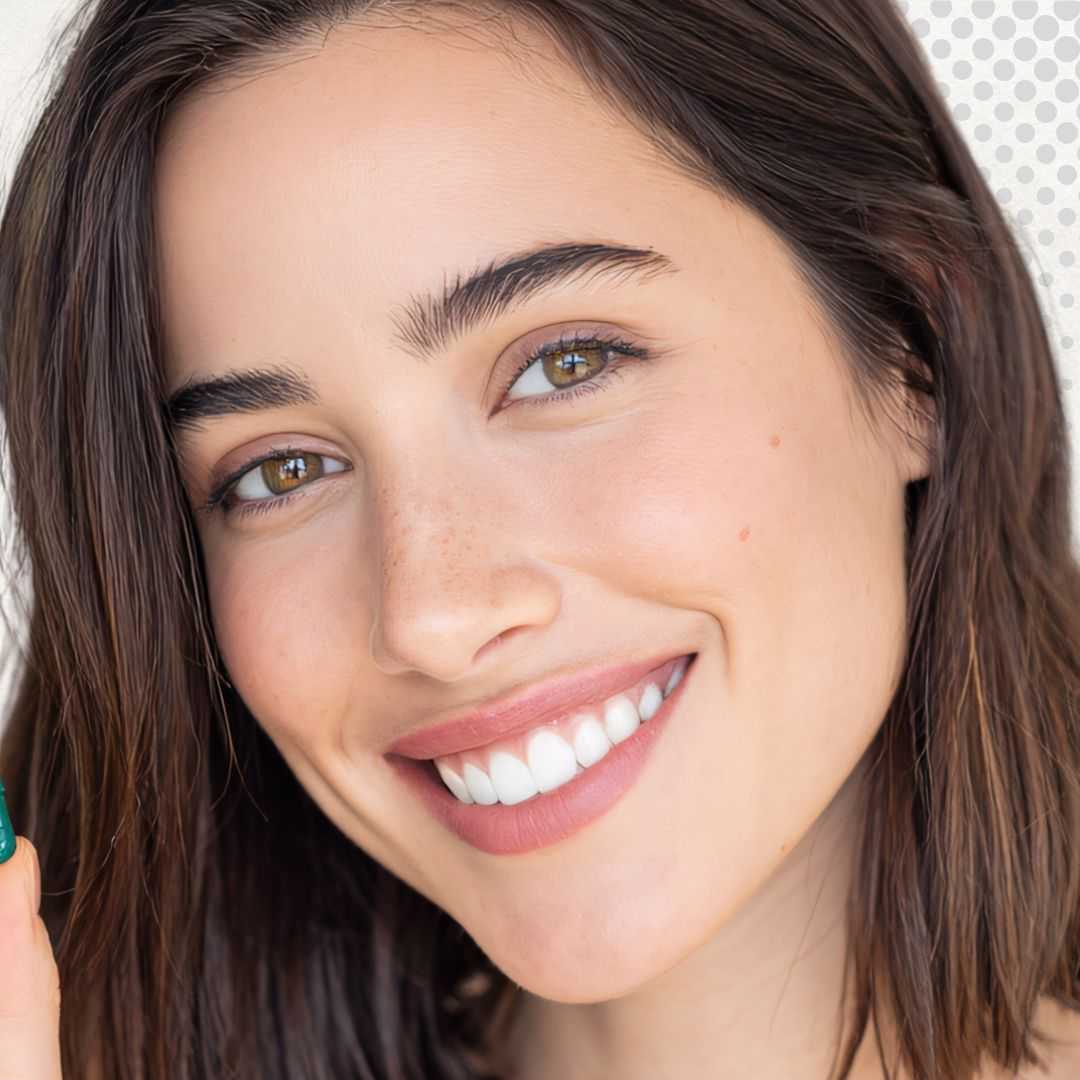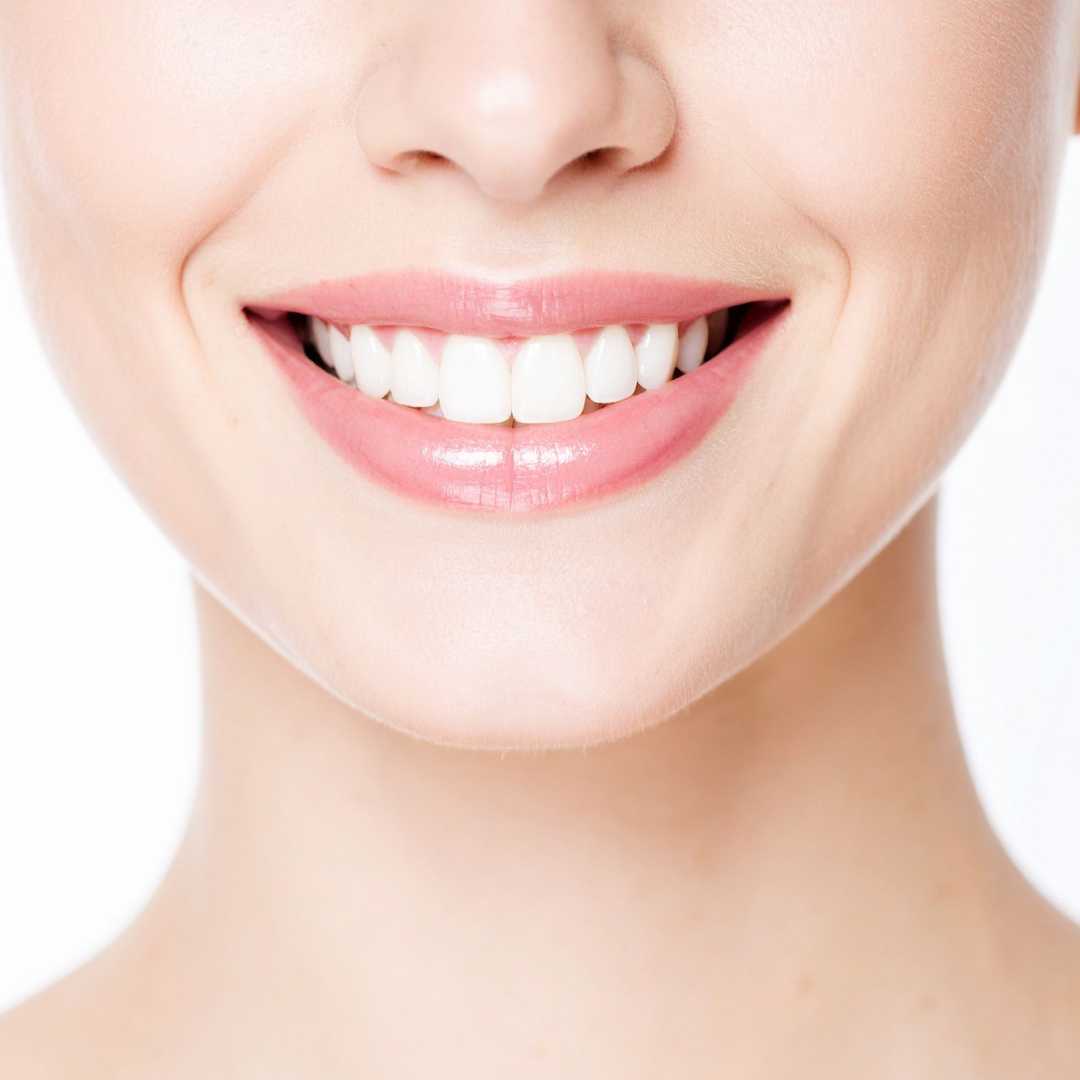Veneers in Mexico: Your Ultimate Guide to a New Smile

Thinking about transforming your smile with veneers in Mexico? You're not alone! This popular cosmetic dentistry solution offers a way to achieve a brighter, more symmetrical smile at a fraction of the cost you might find elsewhere. But before you book your trip, it's essential to understand if you're a good candidate for this procedure. Getting veneers in Mexico can be a life-changing experience, but it's crucial to have the right expectations and dental health to ensure the best possible outcome.
This guide will walk you through everything you need to know about your candidacy for Dental veneers in Mexico, from the ideal dental conditions to the lifestyle habits that can impact their success. We'll answer the most pressing questions people have about the process, helping you make an informed decision about your dental health journey.
Who is an ideal candidate for dental veneers?
"An ideal candidate for dental veneers is someone with good oral health, including healthy gums and sufficient tooth enamel, who wishes to correct cosmetic issues like stains, chips, gaps, or minor misalignment."
To be a great candidate for veneers in Mexico, your dentist will first assess the overall health of your mouth. This means you should be free from active gum disease, significant tooth decay, or other major dental issues. Veneers are a cosmetic solution, so they are applied to healthy teeth. If you have underlying problems, your dentist will recommend treating those first before proceeding with veneers.
A crucial factor for candidacy is having an adequate amount of tooth enamel. The veneer process involves removing a very thin layer of enamel to ensure the veneer fits perfectly and bonds securely. If your enamel is too thin, there won't be enough surface for the veneer to adhere to, and your dentist might suggest an alternative treatment like dental crowns.
What dental problems can veneers fix?
"Veneers in Mexico can effectively correct a variety of cosmetic dental concerns, including stained or discolored teeth that don't respond to whitening, chipped or broken teeth, small gaps between teeth, and minor crookedness or unevenness."
Veneers are incredibly versatile and can address a wide range of aesthetic imperfections. If you have deep-set stains from medications, coffee, or smoking that professional whitening treatments can't lift, veneers can give you a permanently white smile. They are also an excellent solution for repairing minor damage like small chips or cracks in your teeth.
For those with small gaps or diastemas between their teeth, veneers can close these spaces without the need for orthodontic treatment. Similarly, they can create the appearance of a straighter smile by masking minor misalignments or unevenly shaped teeth. It's a faster way to achieve a more uniform look compared to braces.
Who is not a good candidate for veneers?
"Individuals who are not good candidates for veneers typically include those with active gum disease, significant tooth decay, insufficient enamel, severe tooth misalignment, or those who habitually grind or clench their teeth (bruxism)."
There are several contraindications for getting veneers. If you have active periodontal (gum) disease, the inflammation and potential for gum recession can compromise the fit and longevity of your veneers. It's essential to have healthy gums before undergoing any cosmetic dental procedure.
People with large fillings or extensive tooth decay are also not ideal candidates. A veneer needs a healthy tooth structure to bond to, and a weakened tooth might be better suited for a dental crown, which covers the entire tooth and provides more structural support. Additionally, if your teeth are severely crooked or misaligned, your dentist will likely recommend orthodontic treatment like braces or Invisalign before considering veneers. Finally, if you suffer from bruxism (chronic teeth grinding), the constant pressure can damage or dislodge your veneers. Your dentist may recommend a nightguard to protect them if you do proceed.
Can I get veneers if I have crooked teeth?
"Yes, you can get veneers in Mexico to correct minor to moderate crookedness. For severely misaligned teeth, however, orthodontic treatment is usually recommended as a first step for a more stable and long-lasting result."
Veneers are often referred to as "instant orthodontics" for their ability to create the illusion of a perfectly straight smile. For teeth that are slightly rotated, crowded, or uneven, veneers can be shaped and placed to create a symmetrical and aligned appearance. This is a much quicker solution than traditional braces, which can take months or even years.
However, it's important to have realistic expectations. Veneers don't actually move your teeth; they simply cover up the imperfections. If your teeth are severely crooked, placing veneers may not be structurally sound and could lead to issues with your bite. In such cases, your dentist will likely advise you to undergo orthodontic treatment to correct the alignment before getting veneers for the finishing touch.
What is the minimum age to get veneers?
"There is no strict minimum age for getting veneers, but dentists generally recommend waiting until the late teenage years or early adulthood. This ensures that the patient's jaw and teeth have fully developed and settled into their permanent positions."
It's generally advised to wait until your facial growth is complete before getting veneers. For girls, this is typically around age 16-18, and for boys, it can be a bit later, around 18-21. Placing veneers on teeth that are still shifting can lead to a poor fit and aesthetic outcome in the long run.
A reputable dentist in Mexico will perform a thorough evaluation, including X-rays, to confirm that your dental development is complete. They will also consider your maturity level and ability to maintain the veneers with proper oral hygiene. For younger patients with cosmetic concerns, more conservative treatments like dental bonding or teeth whitening may be recommended first.
Do I need healthy gums to get veneers?
"Absolutely. Healthy gums are a prerequisite for getting veneers. Active gum disease, or gingivitis, must be treated and resolved before the veneer procedure can begin to ensure a successful and long-lasting outcome."
The health of your gums is paramount to the success of your veneers. Your gums provide the foundation and frame for your teeth, and if they are not healthy, it can compromise the entire procedure. Inflamed or receding gums can affect the fit of the veneers and may expose the top edge of the veneer over time, creating an unnatural look.
Before you get veneers in Mexico, your dentist will perform a comprehensive gum health assessment. If any signs of gingivitis or periodontitis are present, a professional cleaning or other periodontal treatments will be necessary. Maintaining excellent gum health through regular brushing, flossing, and dental check-ups is also crucial for the longevity of your new smile.
What's the difference between veneers and crowns?
"The main difference between veneers and crowns is how much of the tooth they cover. A veneer is a thin shell that is bonded to the front surface of the tooth, primarily for cosmetic purposes. A crown, on the other hand, encases the entire tooth and is used for both cosmetic and restorative reasons, especially when a tooth is significantly damaged or decayed."
Choosing between a veneer and a crown depends on the condition of your tooth and your cosmetic goals. Veneers in Mexico are ideal for improving the appearance of otherwise healthy teeth. They require minimal tooth preparation, preserving more of your natural tooth structure.
A dental crown is a more extensive restoration. It's the preferred choice when a tooth has a large filling, has undergone a root canal, or is severely cracked or worn down. While crowns also offer excellent cosmetic results, their primary function is to strengthen and protect a compromised tooth.
How much do veneers cost in Mexico?
"The cost of veneers in Mexico is significantly lower than in the US, typically ranging from $250 to $650 per tooth for porcelain veneers. The final price depends on the type of veneer, the clinic's location, and the dentist's expertise."
One of the biggest draws of getting veneers in Mexico is the affordability. You can expect to save 50-70% compared to prices in the United States and Canada. The lower cost is not a reflection of lower quality but is due to the lower cost of living and operating expenses in Mexico.
The price will vary based on the material you choose. Porcelain veneers are more expensive but are also more durable and stain-resistant than composite resin veneers. Many clinics in popular dental tourism destinations like Tijuana, Cancun, and Los Algodones offer all-inclusive packages that may include accommodation and transportation, providing even greater value.
Are veneers in Mexico safe?
"Yes, getting veneers in Mexico is safe, provided you do your research and choose a reputable and accredited dental clinic. Many Mexican dentists are highly trained, often in the US or Europe, and use the same high-quality materials and advanced technology as their international counterparts."
The key to a safe and successful veneer experience in Mexico is due diligence. Look for clinics that have international accreditations, positive patient reviews, and transparent pricing. Don't be afraid to ask for the dentist's credentials and see before-and-after photos of their work.
Many top dental clinics in Mexico cater to international patients and adhere to the highest standards of sterilization and patient care. Communication is also key, so ensure the clinic has English-speaking staff who can clearly explain the treatment plan and answer all of your questions.
What types of veneers are available in Mexico?
"The most common types of veneers available in Mexico are porcelain and composite resin. Some clinics also offer advanced options like E-max veneers, which are known for their exceptional strength and natural appearance, and zirconia veneers, which are incredibly durable."
You'll find a variety of veneer options to suit your needs and budget. Porcelain veneers are the gold standard, offering a beautiful, translucent appearance that mimics natural tooth enamel. They are custom-made in a dental lab and are highly resistant to staining.
Composite resin veneers are a more affordable alternative. They can often be applied in a single visit as the resin is sculpted directly onto your teeth. While not as durable or stain-resistant as porcelain, they are a good option for minor cosmetic fixes. E-max veneers are a type of all-ceramic veneer that is prized for its lifelike aesthetics and durability, making it a popular choice for those seeking a premium smile makeover.
How long do veneers from Mexico last?
"With proper care and maintenance, porcelain veneers from Mexico can last for 10 to 15 years, and sometimes even longer. Composite veneers have a shorter lifespan, typically lasting between 5 to 7 years."
The longevity of your veneers depends on several factors, including the material they are made from, your oral hygiene habits, and your lifestyle. To get the most out of your investment, it's crucial to follow a diligent oral care routine. This includes brushing twice a day with a non-abrasive toothpaste, flossing daily, and visiting your dentist for regular check-ups and cleanings.
You should also be mindful of habits that can damage your veneers, such as biting your nails, chewing on hard objects like ice or pens, or using your teeth to open packages. If you play contact sports, wearing a mouthguard is essential to protect your new smile.
What does the veneer procedure in Mexico involve?
"The veneer procedure in Mexico typically involves two to three visits. The first visit is a consultation and planning stage. During the second visit, your teeth are prepared, and impressions are taken. The final visit is when your custom-made veneers are permanently bonded to your teeth."
Your journey to a new smile begins with a thorough consultation where you'll discuss your goals with the dentist. They will examine your teeth and may take X-rays and impressions. Once you decide to proceed, the next step is tooth preparation. A small amount of enamel is gently removed from the front surface of your teeth to make room for the veneers.
New impressions are then taken and sent to a dental laboratory where your custom veneers will be fabricated. You may be fitted with temporary veneers to protect your teeth while you wait. On your final visit, the dentist will check the fit and color of your permanent veneers before bonding them securely to your teeth, revealing your transformed smile.
Ready to explore your options for a stunning smile makeover? PlacidWay can connect you with top-rated dental clinics in Mexico for high-quality, affordable veneers. Start your journey to a more confident you today!
?

.png)














Share this listing